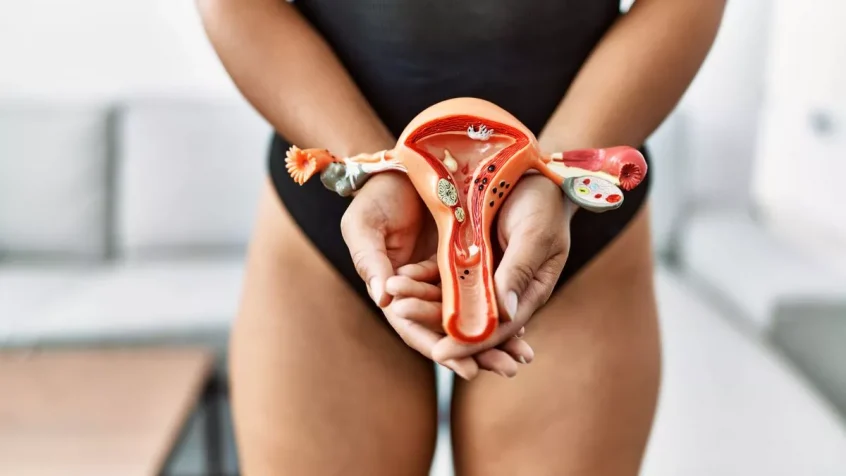Menopause occurs at an average age of 51. Then there’s early menopause which can occur anytime in your 40s, and very early menopause before the age of 40 due to the ovaries failing.
It’s called premature ovarian insufficiency (POI), it affects one in 100 women, and is a leading cause of infertility.
Just imagine for a minute your fertile life being over in your 30s. As if that wasn’t enough of a tragedy you have to cope with the symptoms of menopause when you were least expecting them. But why should fertile life stop so suddenly and so young? Is a gene or genes at work?
Until now, POI was thought to be caused by any one of more than 100 genes, and current guidance says finding just one of these is sufficient to consider a genetic diagnosis of POI.
Now, in the largest study to date, a team led by the Universities of Exeter and Cambridge has analysed genetic data from more than 104,733 women in the UK Biobank, of whom 2,231 had menopause before the age of 40.
The study found 98% of women carrying variations in the genes previously considered to cause POI in fact had menopause over 40, therefore ruling out a diagnosis of POI.
Dr Julia Prague, consultant at Exeter University, and an author of the paper, said: “Having a very early menopause is often extremely distressing because it means losing fertility, and treatment with hormone replacement is required to prevent negative health consequences.”
Plus, a misdiagnosis of POI could lead a woman to believe wrongly that she has faulty genes.
Professor of human genetics, Anna Murray, also from Exeter University, and a senior author, said: “Our research means rethinking what causes very early menopause. It seems likely that premature menopause is caused by a combination of variants in many genes, as well as non-genetic factors.
“As genomic medicine evolves, we need to apply this standard of evidence to other conditions, so we can tailor diagnosis, treatment and support.”
Stasa Stankovic, of Cambridge University’s MRC Epidemiology Unit, and co-lead analyst of the study, said: “Each woman’s unique genetic combination shifts menopause timing, either earlier or later.”
We all probably have genetic drivers that lengthen or shorten reproductive lives and control reproductive ageing in women, including very early menopause. Through this we’re paving the way towards next-generation treatments for reproductive disorders. But POI warrants attention now.

